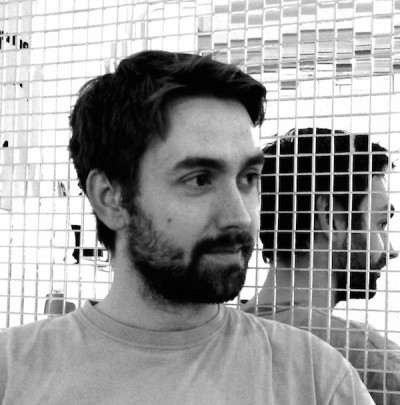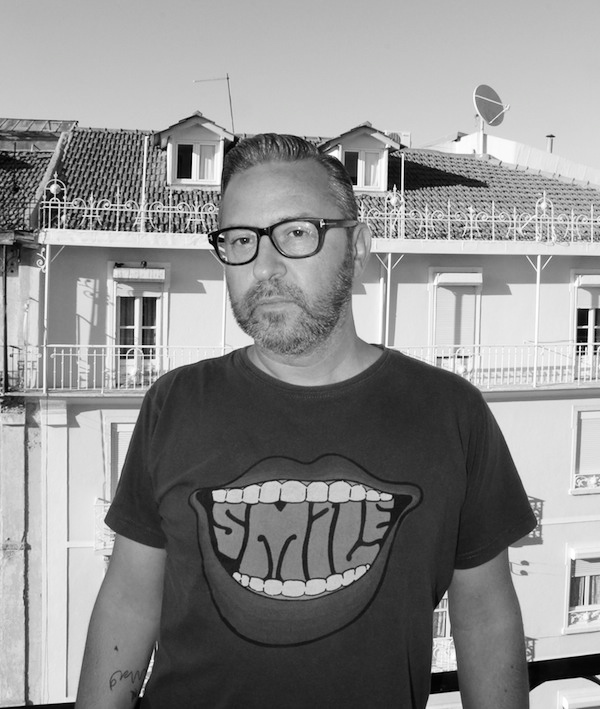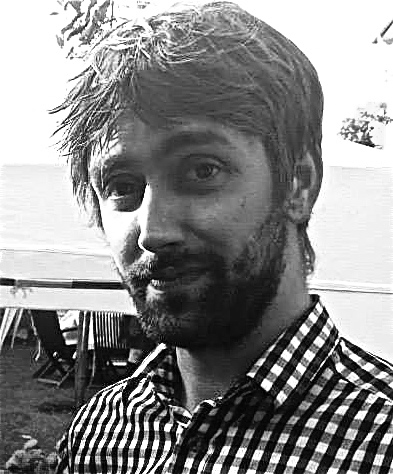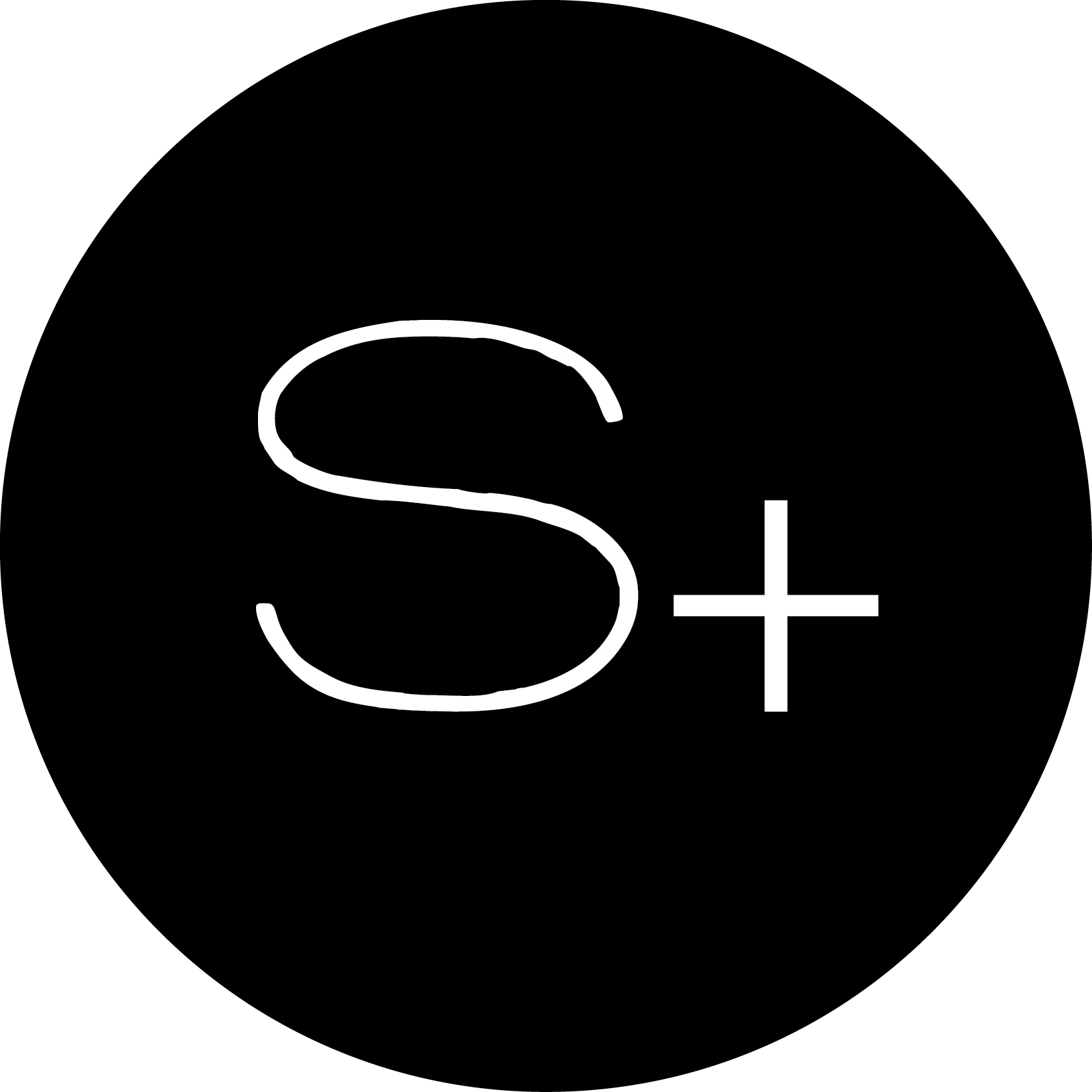 WILL KITSON is Managing Editor of Seymour Magazine.
WILL KITSON is Managing Editor of Seymour Magazine.
Will holds a Masters in English Literature from King’s College London, prior to which he earned a BA in Creative Writing (with Honours) from the University of Greenwich. Previous to his post at Seymour Magazine, Will has worked as a Reviewer, Copy Editor and Editorial Assistant/Arts Administrator at A Younger Theatre, Blake Friedmann Literary Agency and Brand Literary Magazine, respectively.
‘If God had foreseen his world, it would have been a mere senseless machine and Man’s existence a useless freak. My intellect can envisage the latter possibility, but the whole of my being says “No” to it.’ – Carl G. Jung
I’ve always believed in the power of learning from others – being open to new ideas can help us grow intellectually, spiritually, and emotionally; and, in our current epoch, we have more opportunity than ever to receive wisdom from the greatest minds of history. Each and every one of us can become a personal student of Aristotle, Jung, Beauvoir, or any other thinker from time’s rich tapestry. It’s one of the reasons that I enjoy so much working for Seymour; inspiration is our currency and working with such an array of contributors is a constantly invigorating experience.
That said, with great plethora comes diversity and even contradiction. Philosophers, scientists, artists – people from all walks of life, actually – will often disagree with each other vehemently, beyond the point of compromise. Does that mean that we too must align ourselves to certain reasoning and fall into obstinate factions? As Jung says, ‘My intellect can envisage the possibility, but the whole of my being says “No”’.
In fact, I like to believe that I only have one uncompromising philosophy / belief, and that is to be of a constantly questioning nature. And as liberating as that is, it does make me worry that I’m vulnerable to certain persuasive devices such as rhetoric, and that leaves me with a lingering feeling of unsettlement; it’s like when you’re swimming in the ocean – you always feel that at any moment you might find yourself out of your depth, pulled in a direction that you didn’t want to go in.
For some, the answer to this problem is scepticism, to approach any new idea with an air of caution – everything is incorrect until proven otherwise. Others find anchorage in their factions; once an idea is agreed to be true by the collective then it can be accepted by the individual (for example, a whole-hearted empiricist won’t fully back a new theory until it’s been legitimised by at least one part of the scientific community).
Neither of these sits particularly well with me; they lack an explorative component that I feel is vital to my learning curve. Perhaps, simply, that vulnerability I mentioned is a necessary weakness that comes part-and-parcel with being inquisitive, and I’ll just have to hope that I’m never led to far astray.
There is, however, one thing that acts for me as a guide in some way. I’d call it the scaffolding of the self. It’s not intellectual, nor does it provide me with any specific direction; instead, it chimes with every thought and feeling that comes through me. If these thoughts and feelings resonate strongly then I have no choice but to pursue them; if not then they usually dissipate over time.
Writing this I realise that this is a type of compass that I do adhere to, in my creative work and in my day-to-day life. I like to believe that all growth comes from a collaboration between the internal and the external, a balance of feeling and thought; if we’re open to the wisdom of others and to the wisdom of our intrinsic selves, and if we wait for them to come together in that perfect chime, then we can never be led too far astray.
W.K. 2015
Published: April 23rd, 2015




